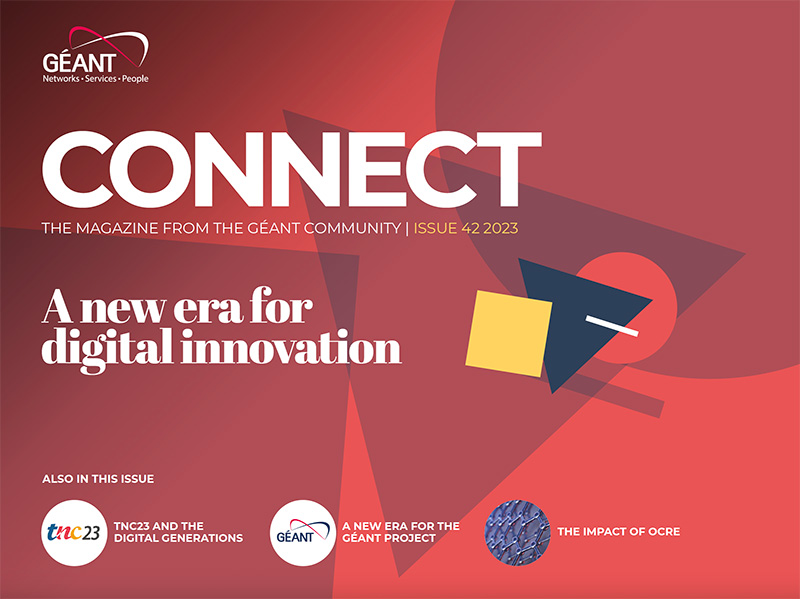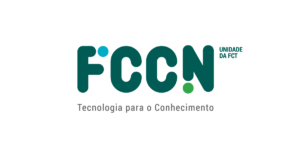In October 2017, the FCCN Unit started the construction of a new-generation national education and investigation network. The RCTS100 project, completed in 2022, expanded the optical fiber infrastructure and upgraded the technology of the Science, Technology and Society Network (RCTS), thus mitigating the existing digital divide. At the same time, it has enabled the internal networks of nine public higher education entities.
With a total investment of €17 million, 13 million of which came from the European Regional Development Fund (FEDER), the RCTS100 has taken on an ambitious goal: “Strengthening research, technological development and innovation”.

A network with nationwide impact
“RCTS guarantees a very fast Internet connection to a large universe of users, whether they belong to a higher education entity, an institution of the national scientific and technological system, an organic unit of the Ministry of Science, Technology and Higher Education or a public school under the guardianship of the Ministry of Education,” explains Ana Pinto, Director of the Network Services Area of the FCCN Unit.
The very broad coverage of the national education and research network explains the RCTS100 project’s national repercussion, ensuring the availability of advanced connectivity services and a more resilient and high-capacity internet access, two essential conditions for the widespread adoption of new technologies, both in the classroom and in the research lab.
Response to the digital divide
The activation of new routes in the RCTS fibre optic infrastructure ensured the empowerment of the connections of several higher education institutions and the creation of ring topologies in the network, thus increasing the redundancy and resilience of these same connections.
The standardisation of access to fibre optics and the activation of an optical transmission system with national coverage has ensured identical conditions of access to the network, regardless of the location of the entity.
“At this moment, the RCTS teaching and research entities can already access multiple services at a speed of 100Gbps, regardless of their geographical location,” explains Ana Pinto.
Responding to the challenge of the “digital divide” (asymmetries felt in different parts of the country, regarding the connectivity services available) is, therefore, another of the characteristics that make this project strategic for national scientific and technological development.
Over the past few months, the FCCN Unit has been sharing the testimony of representatives of various RCTS entities through its blog. “The connection of the Guarda Polytechnic to the national education and research network at 100Gbps is crucial to meeting our needs”, highlights the coordinator of the Guarda Polytechnic’s Center for Informatics, João Paulo Valbom. The same idea is shared by the president of the Viseu Polytechnic, José dos Santos Costa: “The connection of the Viseu Polytechnic to the national education and research network at 100Gbps is extremely relevant”.
Learn more about RCTS100.

Read or download the full magazine here







